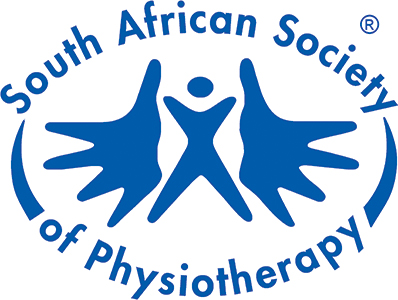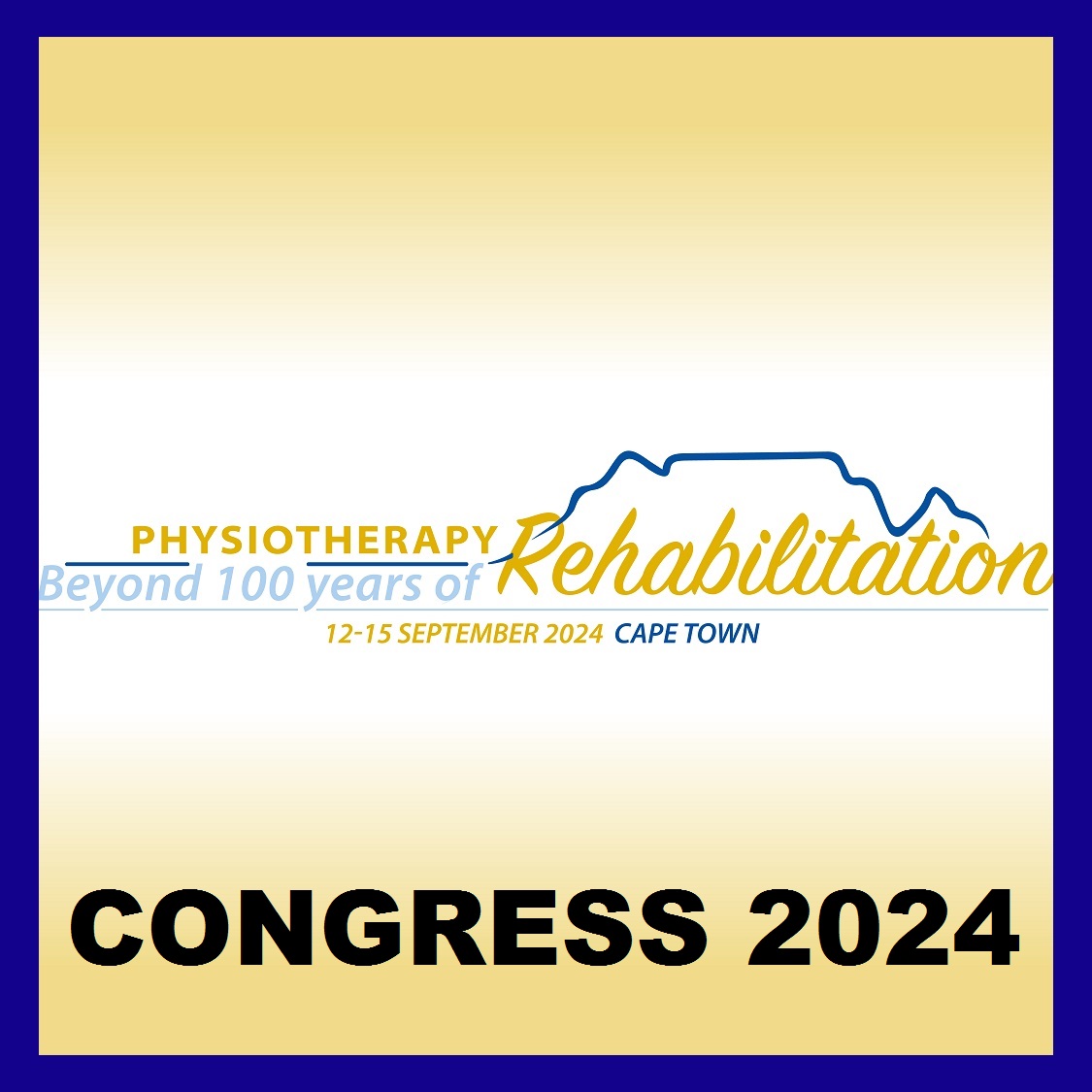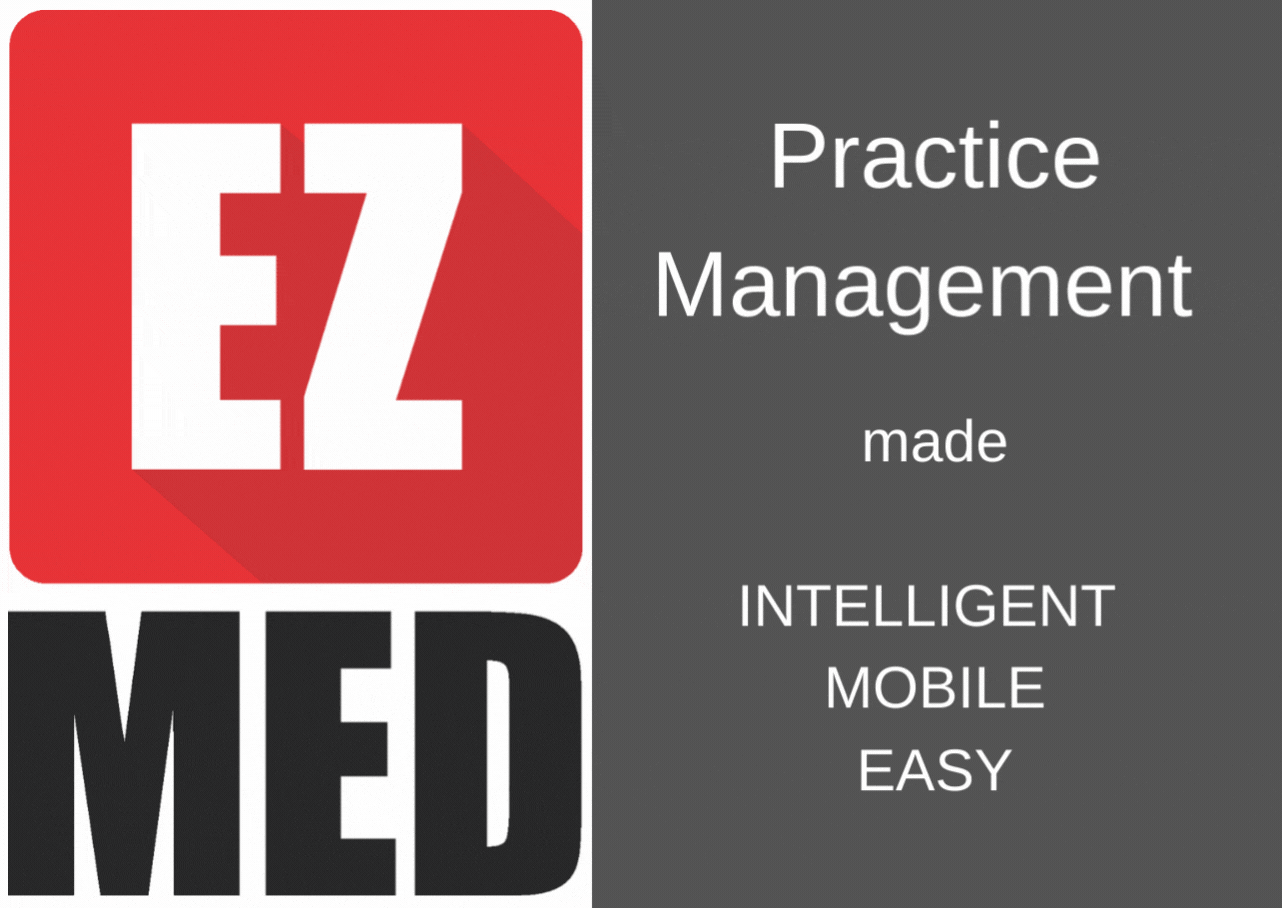Page 14 of 15
-
World Spine Day - October 16th
very year on October 16th people from around the world join together to raise awareness on World Spine Day as part of the Bone and Joint Decade’s Action Week.
Continue reading
Spinal disorders, such as back pain, neck pain, scoliosis and disc disease, to name a few are common, and they can have a profound ef... -
How does acupuncture relieve back pain (Written by Phyllis Berger)
In recent times more patients attending physiotherapy for all regions of back pain receive dry needling and or acupuncture to ease their symptoms and improve their mobility, function and mood (which in turn affects their coping abilities). Acupuncture is one of the many interventions provided wit...
Continue reading -
How Respiratory Physiotherapy can help babies and toddlers
Babies and children are prone to respiratory infections, especially in winter. The SASP Paediatric Physiotherapy Group advises how respiratory physiotherapy can assist in alleviating the symptoms of respiratory infections in babies and toddlers.
It is important to take note of the warning ...
Continue reading -
Asthma, hay fever and sinusitis in children
Physiotherapists can play an important role in helping to treat children with asthma, hay fever (rhinitis) and sinusitis and can help to support their parents with advice on how best to manage the condition.
Asthma is dangerous if not managed correctly, as an acute asthma attack can cause ...
Continue reading -
Factors that trigger back pain
A recent study from the George Institute for Global Health and Sydney Medical School, The University of Sydney have identified factors that
trigger back pain and, importantly, which ones are more dangerous.“For example being fatigued triples the odds of developing immediate back pai...
Continue reading -
Beware of back strains and sprains most likely in the morning
Sudden attacks of back pain are more likely to begin in the morning than later in the day, Australian researchers have found.
Continue reading
The researchers also found that back pain is also more likely to be triggered when fatigued or tired or when distracted while performing a ma... -
National Physiotherapy BackWeek 2015: Hey kids – how fit is your BRAIN?
Hey kids – how fit is your BRAIN?
Continue reading
Children with thinner ‘gray matter’ in their skulls are way better at maths than other children. And what’s the difference between the two groups? Fitness!
Yes, it may be that little bodies who run around,... -
National Physiotherapy BackWeek 2015 - Physiotherapists want you to feel good!
Physiotherapists want you to feel good!
Continue reading
That feeling you get when you exercise – that positive, optimistic mood that affects even the regular walker – is real.
“There’s a great deal of published research that demonstrates that exercise doe... -
National Physiotherapy BackWeek: Want a gentle, non-invasive solution for pain with no side effects? Ask your physiotherapist!
Want a gentle, non-invasive solution for pain with no side effects?
Ask your physiotherapist!What’s the connection between pain and many of our killer diseases, such as cancer, diabetes and heart disease? Well, one strong link,
Continue reading
says Dr Ina Dien... -
STATUS OF THE SOUTH AFRICAN SOCIETY OF PHYSIOTHERAPY (SASP®)
Dear Stakeholder
This document serves to inform you of the current position of the SASP within the physiotherapy community and the health environment.
Continue reading
The SASP is a voluntary professional membership organisation committed to equal opportunities and inclusivity, and striv...







